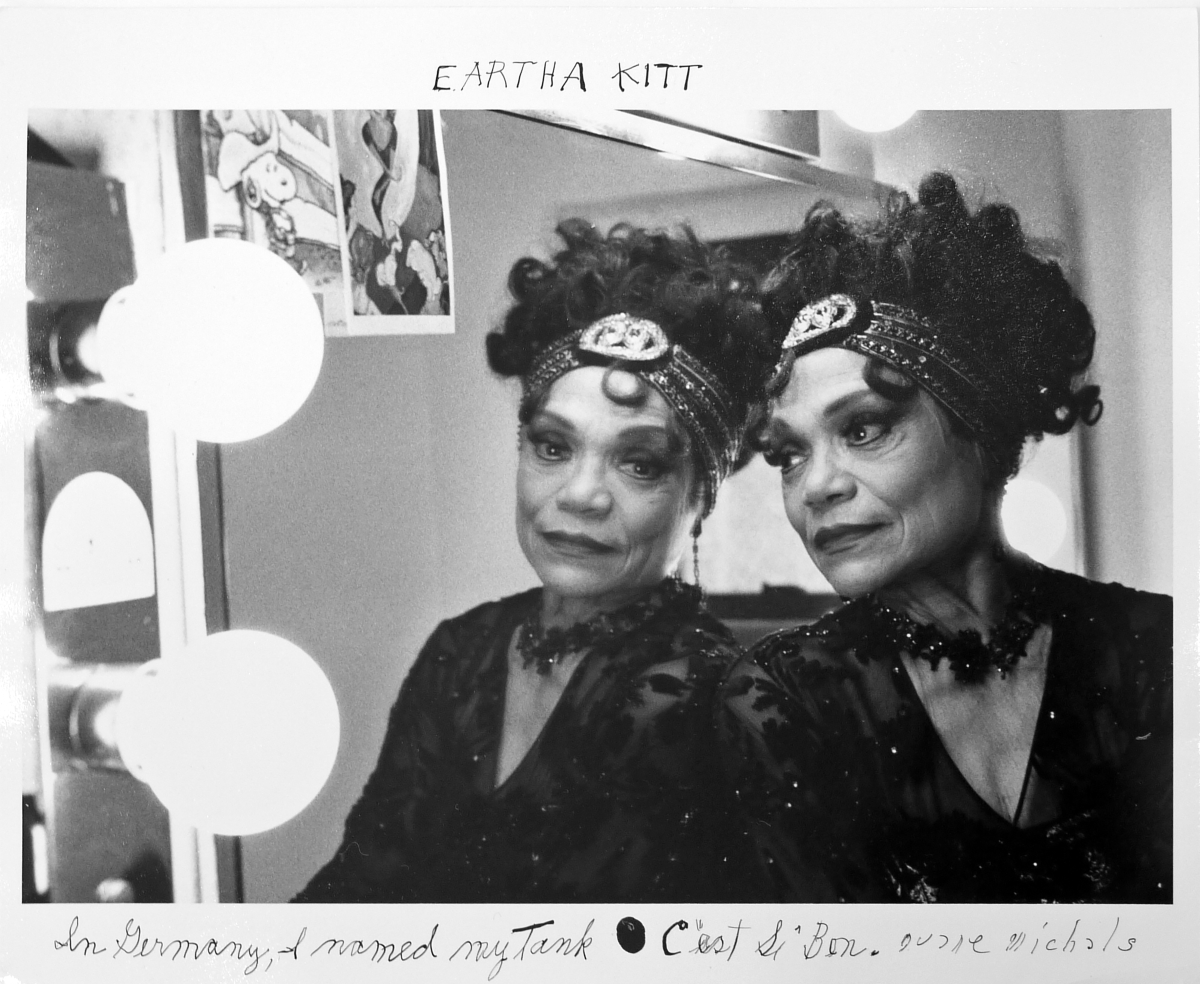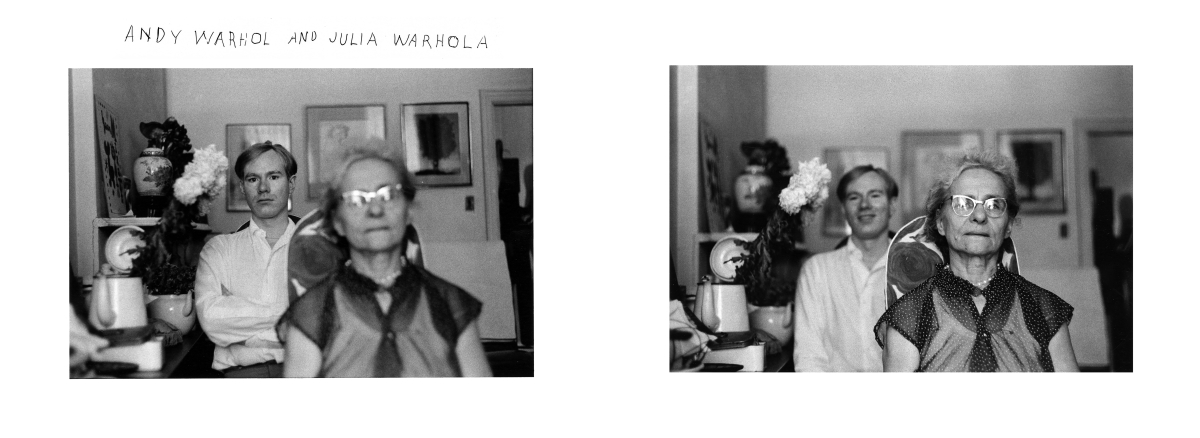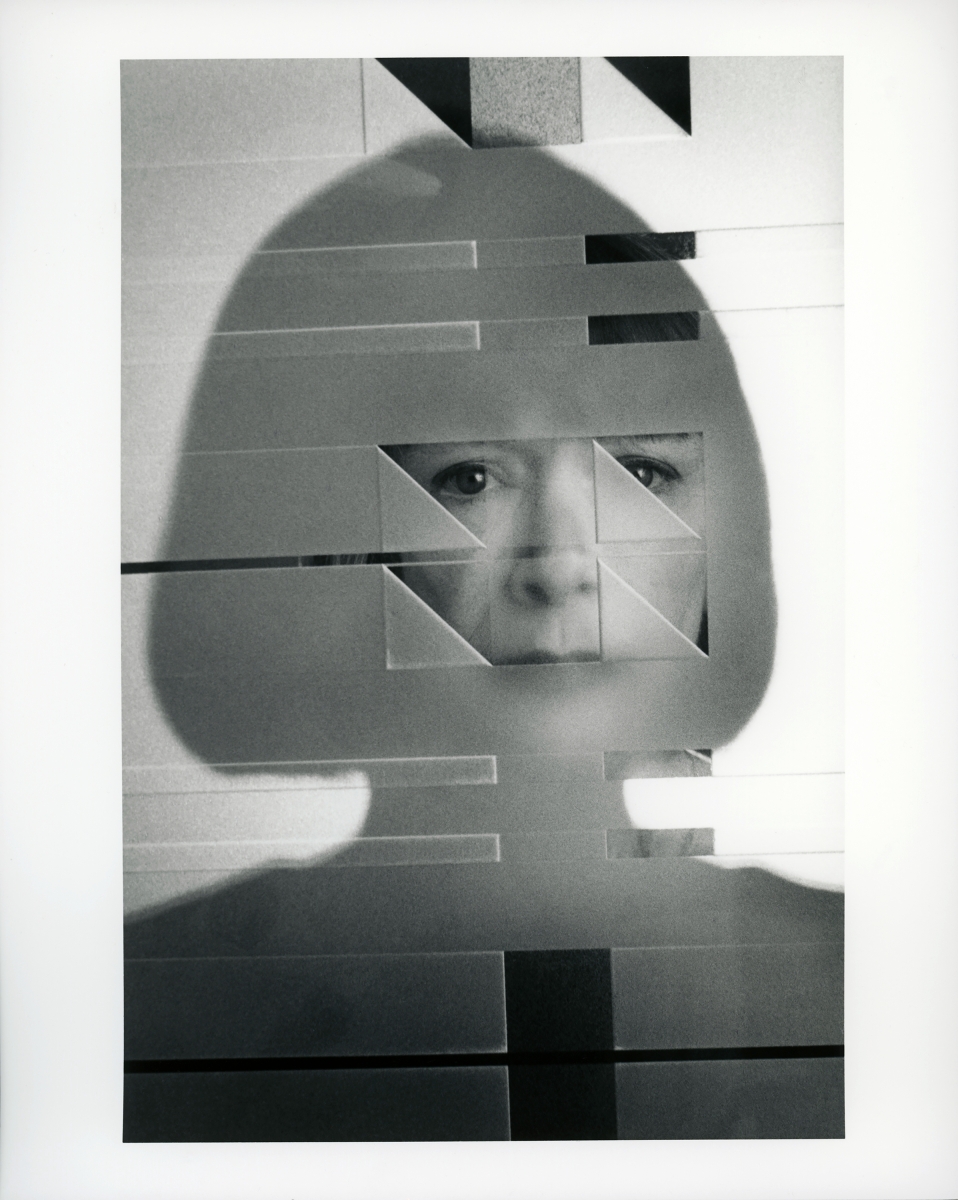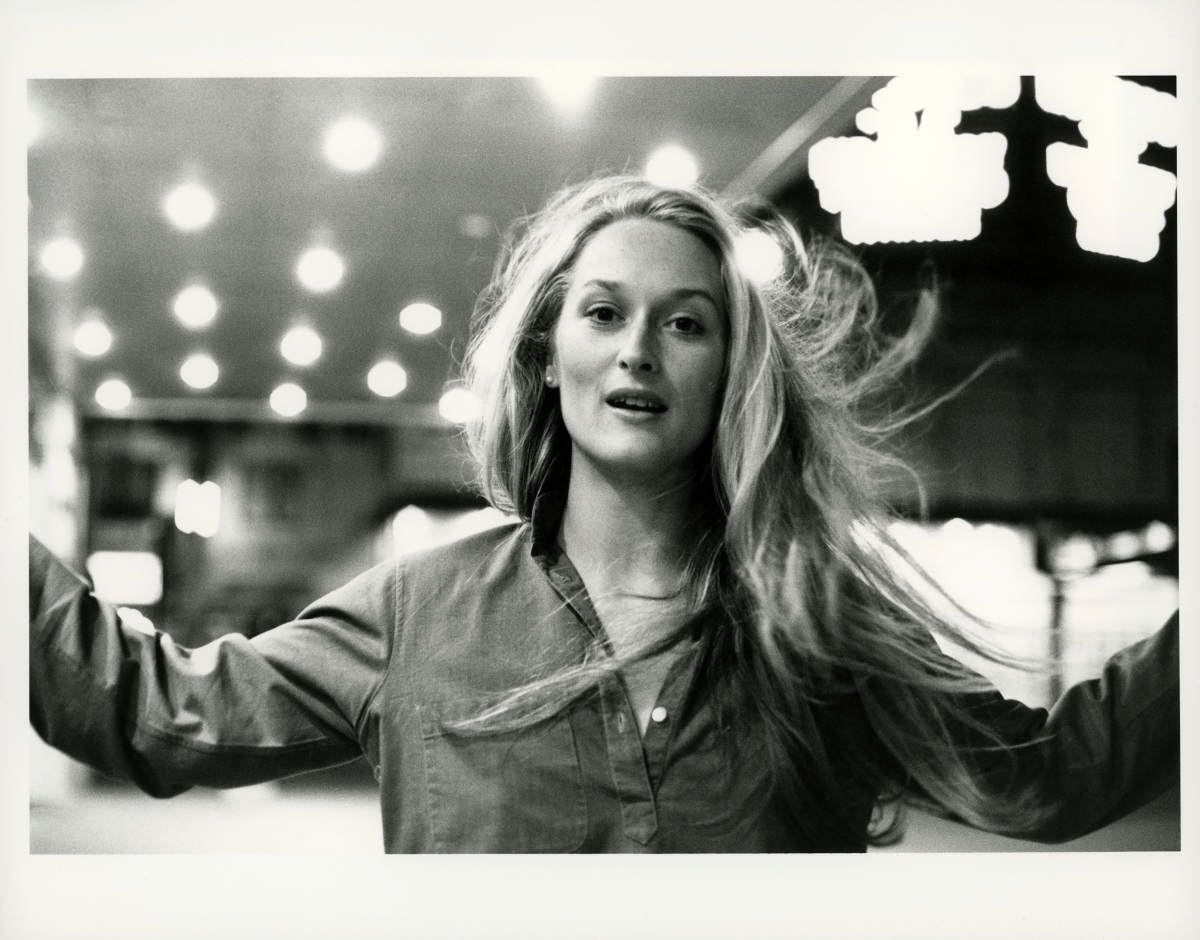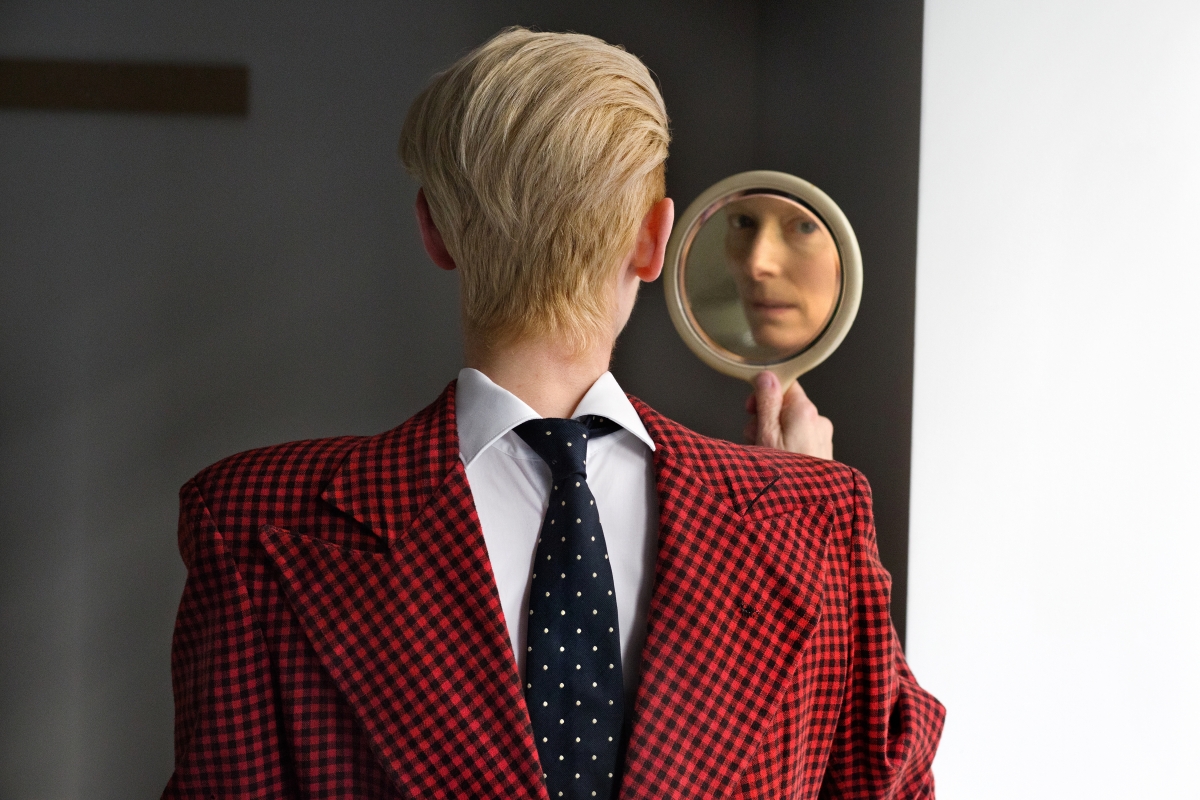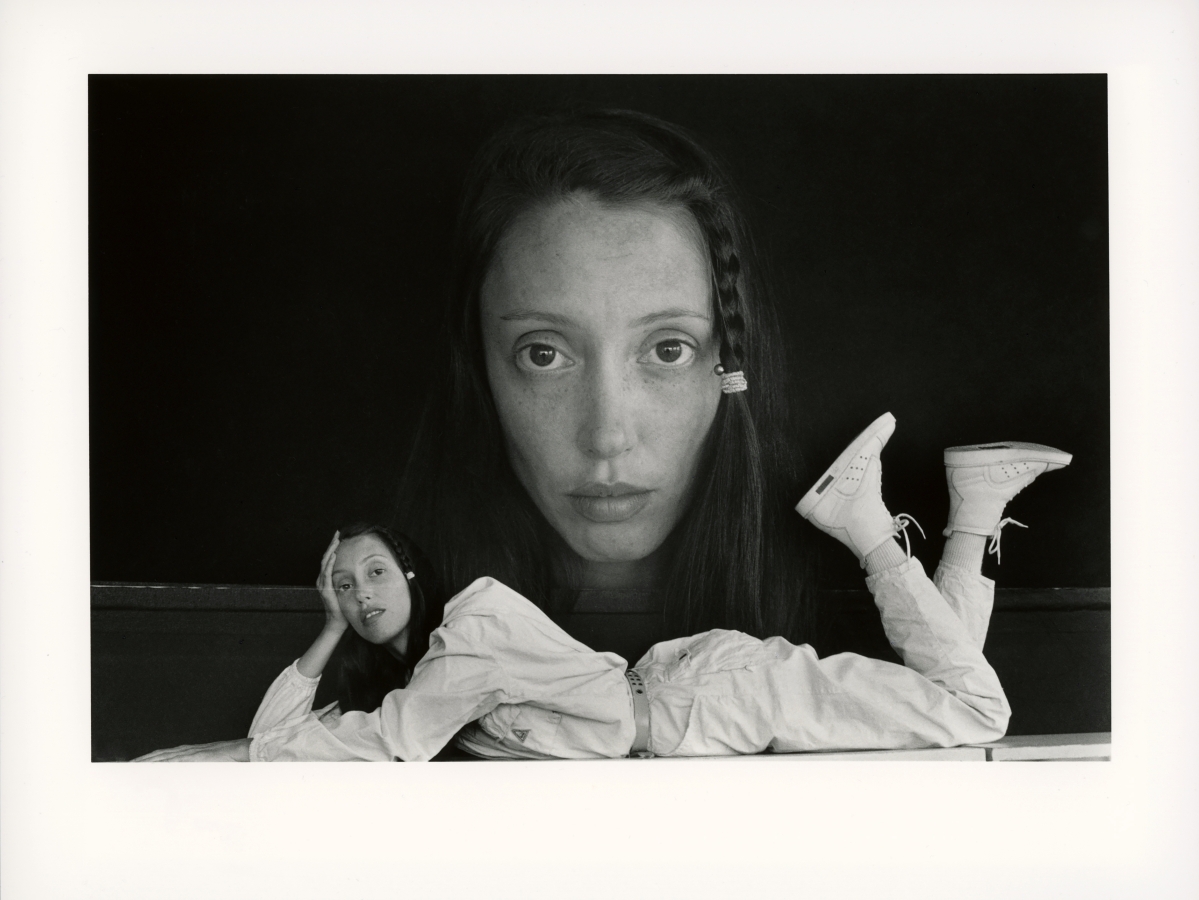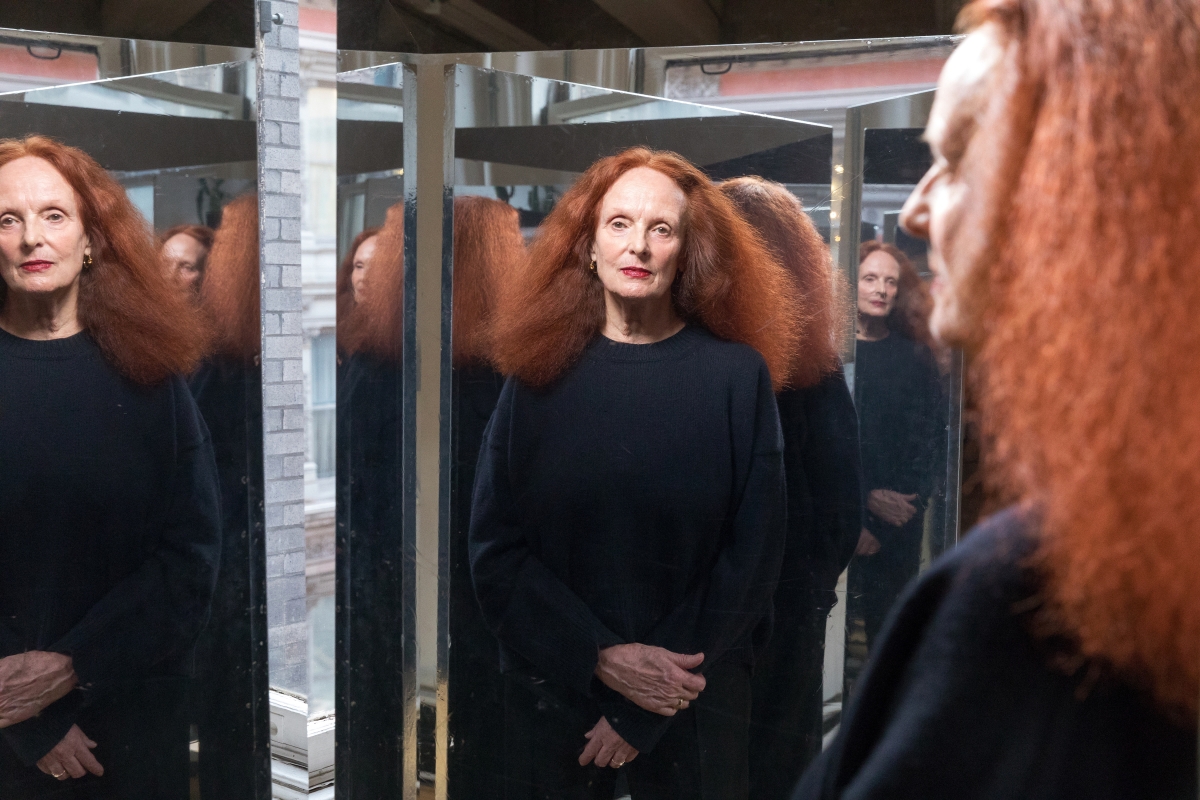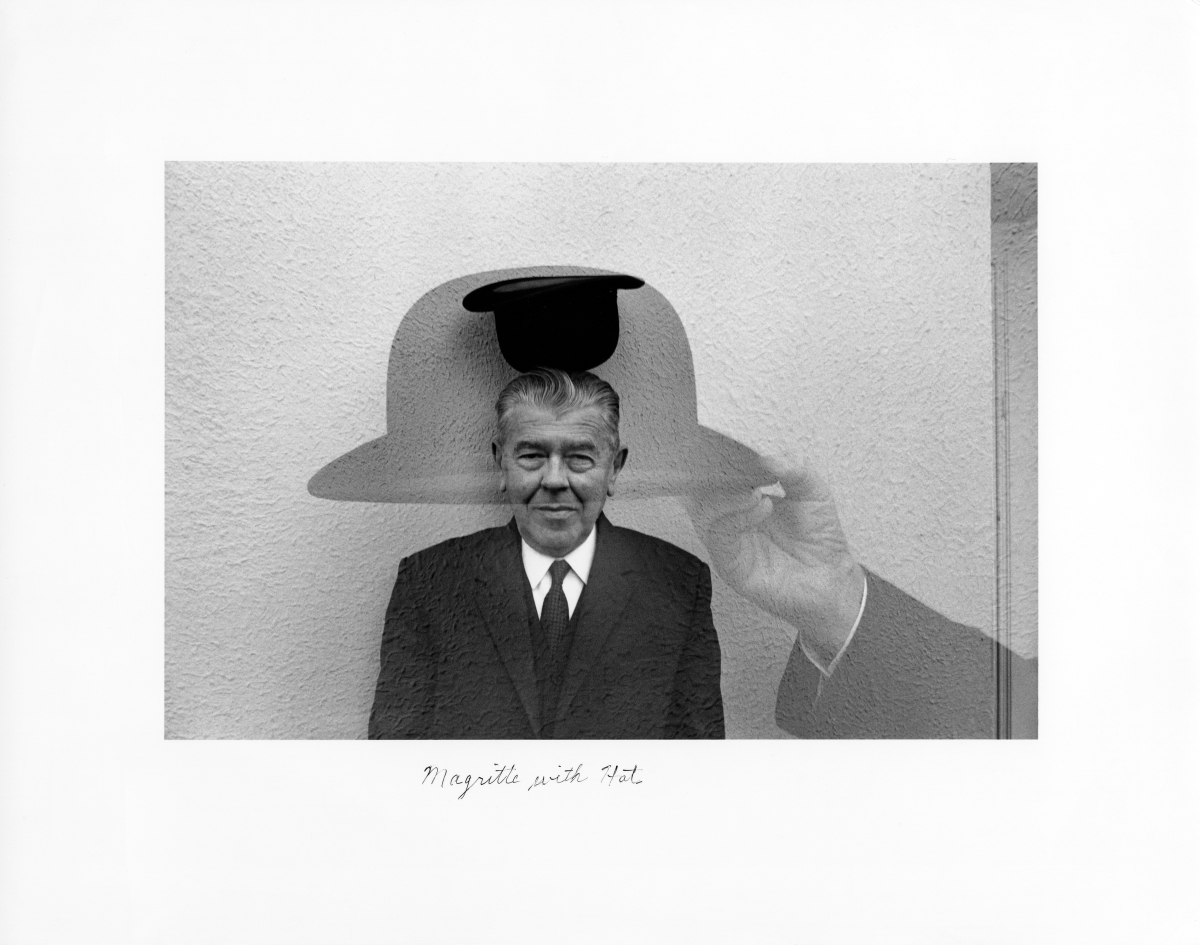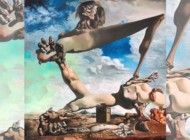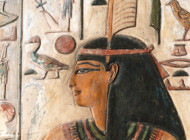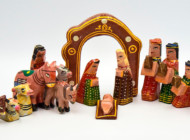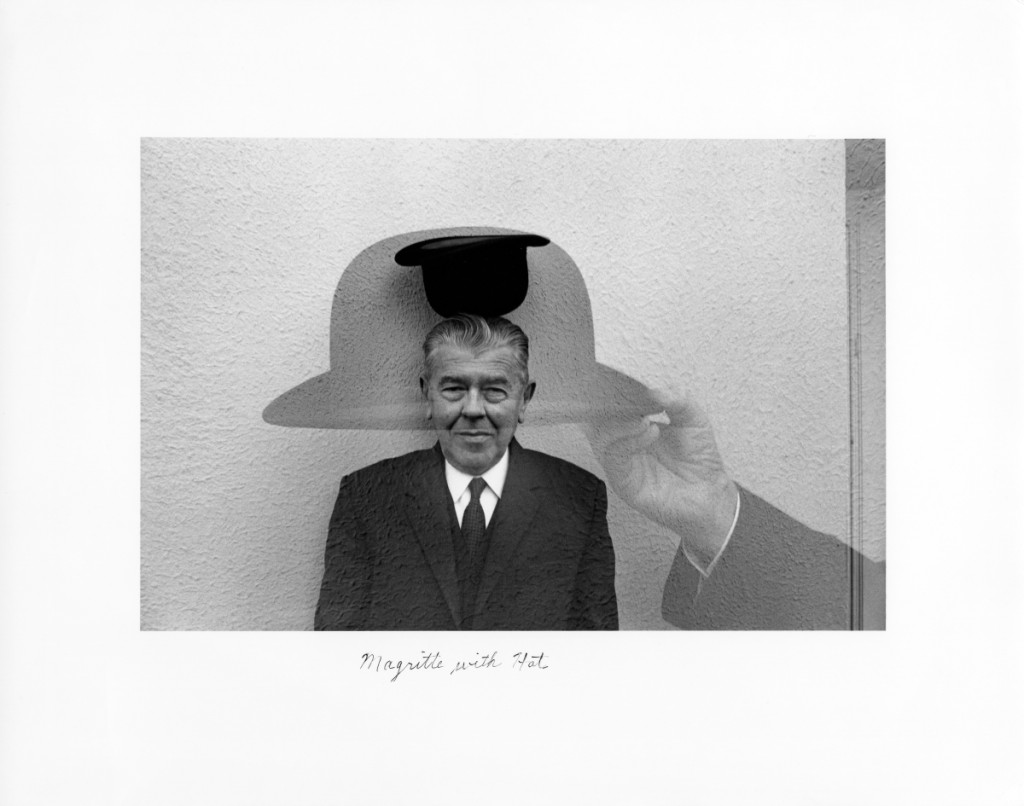
Duane Michals, Magritte with Hat, 1965. Gelatin silver print with hand-applied text, edition 25/25, 6 3/4 by 10 inches. © 2018 Duane Michals Courtesy of DC Moore Gallery, New York.
SACRAMENTO, CALIF. – The Crocker Art Museum announces, “Duane Michals: The Portraitist,” the first exhibition to provide a comprehensive overview of inventive portraits by the influential photographer who, in the 1960s, broke away from established documentary and fine art photography traditions, and is still creating original work today.
Spanning Michals’s 60-year career, the exhibition features more than 125 portraits of American luminaries as well as anonymous individuals, family members and friends. Many of the images are black and white photographs recently rediscovered by the artist in his New York apartment.
The exhibition highlights the artist’s stylistically varied body of work through portraits that demonstrate his expansive toolkit – sequenced images, multiple exposures, reflections, uncommon vantage points, collage, hand painting and other techniques. Michals often employed these methods to the work he did as an editorial photographer for major periodicals including Esquire, Life, Mademoiselle, and Vogue. On his images he often adds handwritten annotations that convey a contemplative tone.
Striving to articulate his own distinct style and vision while distinguishing each subject’s unique personality, Michals empowers his subjects to express themselves in their own environments and through improvisation. He challenges himself to “suggest the atmosphere of the sitter’s identity, which is the sum total of who they are.” He calls his alternative approach “prose portraiture.” According to Michals, “A prose portrait might require three or four photographs to reveal something about what the person does in life that defines him or her. A face does not necessarily need to be seen; most people’s significance won’t be found there.” He adds, “I think photographs should be provocative and not tell you what you already know. It takes no great powers or magic to reproduce somebody’s face in a photograph. The magic is in seeing people in new ways.”
According to Michals, “My writing grew out of my frustration with photography. I never believed a photograph is worth a thousand words. If I took a picture of you…it would tell me nothing about you as a person. With somebody you know really well, it can be frustrating. Sixty percent of my work is photography, and the rest is writing.”
The Crocker Art Museum is at 216 O Street. For information, www.crockerart.org or 916-808-7000.

